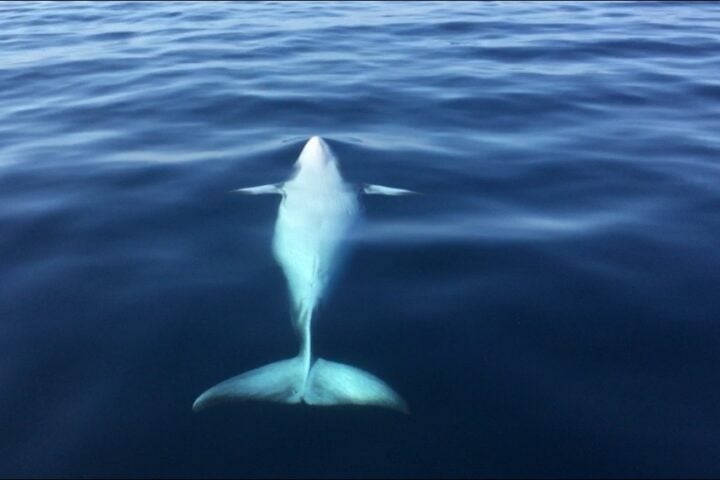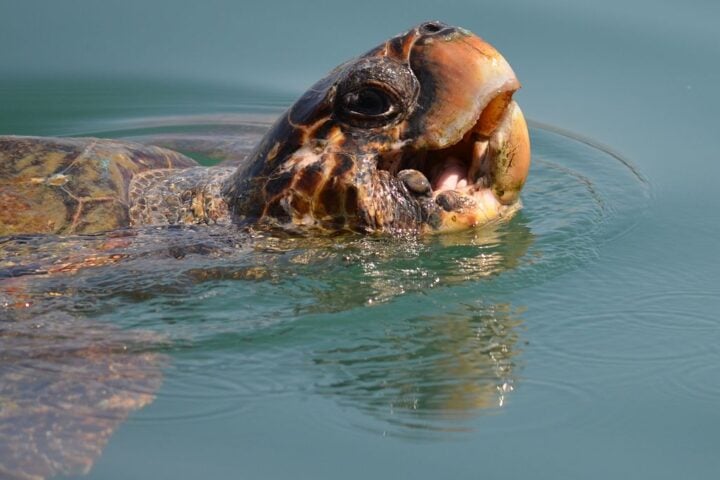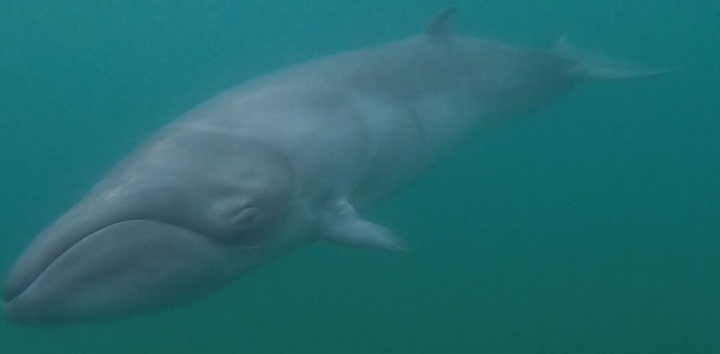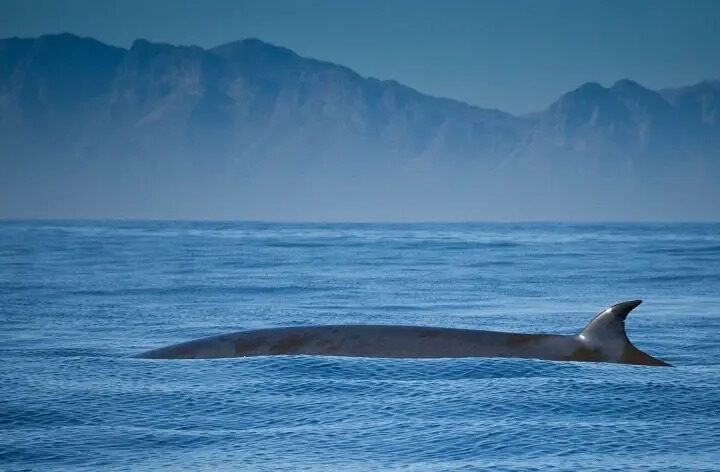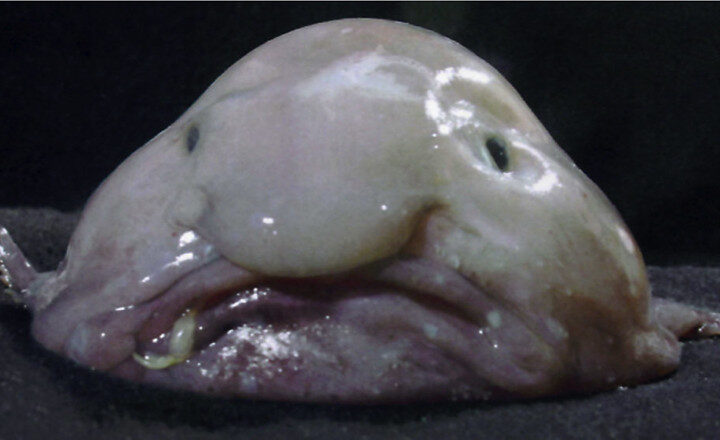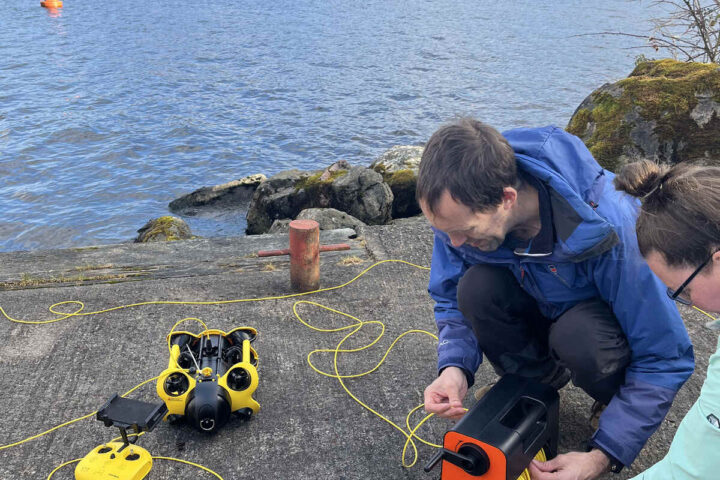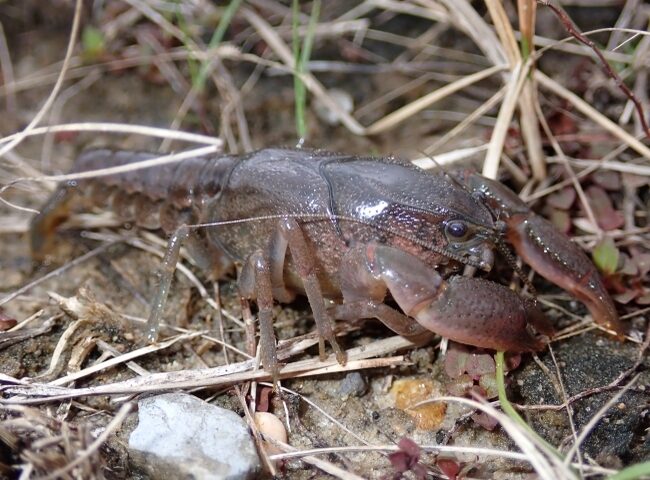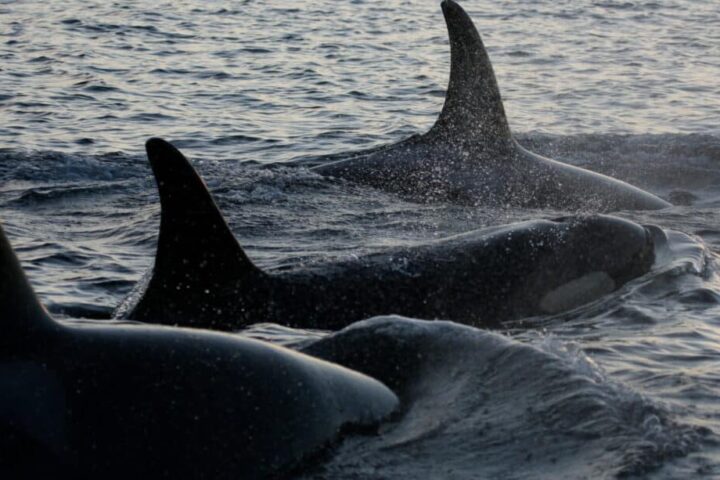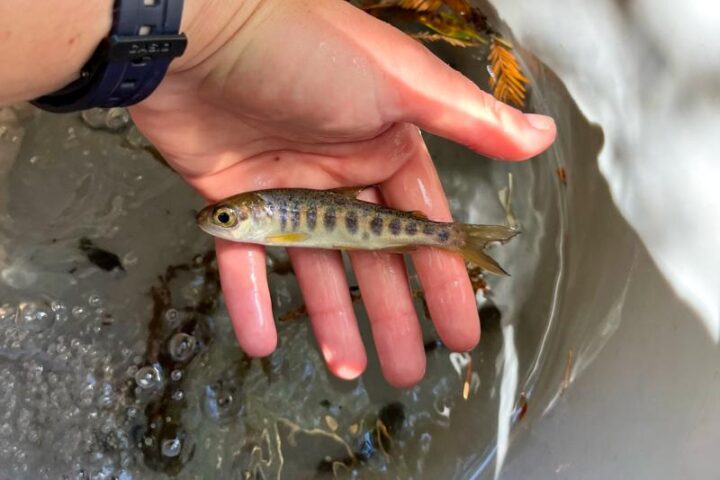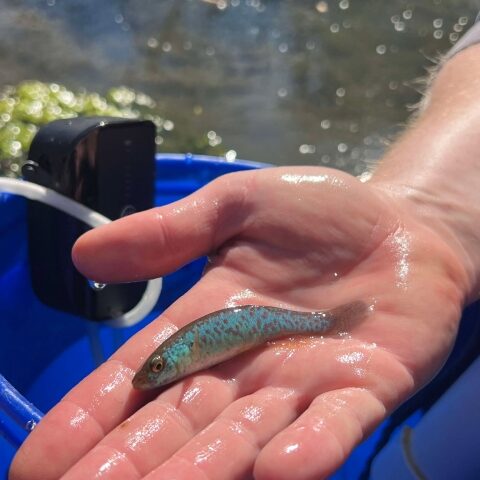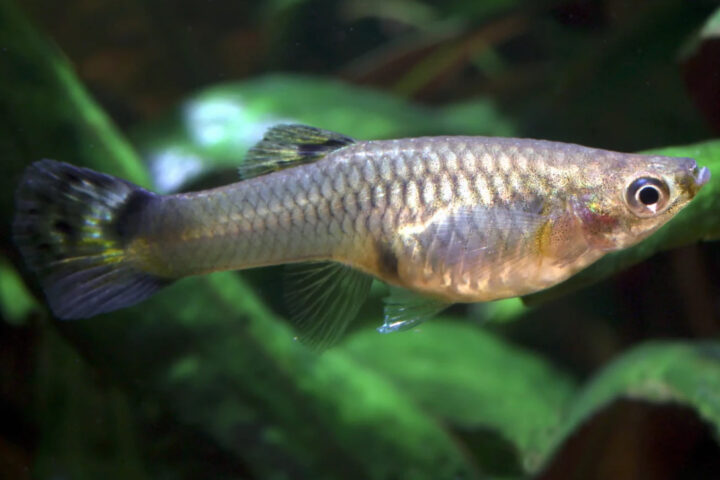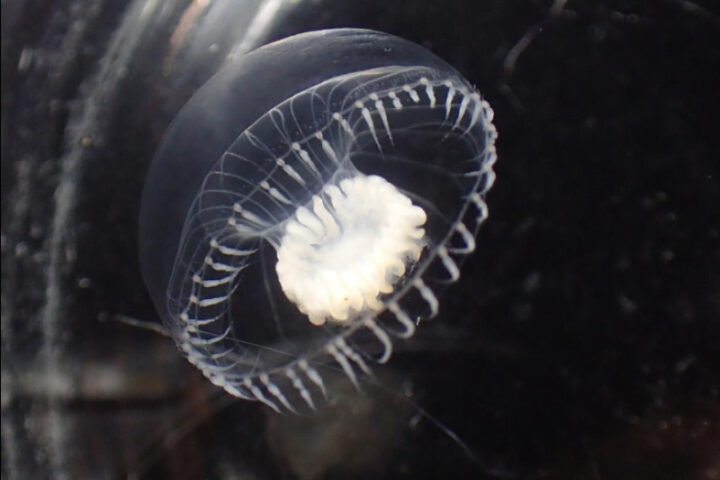The UN Secretary General has congratulated UN member nations for finalizing a text to ensure the conservation & sustainable use of marine biological diversity in areas beyond national jurisdiction, calling it a “breakthrough” after many rounds of talks.

The agreement reached by delegates of the Intergovernmental Conference on Marine Biodiversity In Areas Beyond National Areas is marked as a landmark in the battle for saving and conserving marine biological diversity in international waters.
The agreement is better known by its acronym BBNJ. It is the culmination of UN-facilitated talks that began in 2004. Already being referred to as the ‘High Seas Treaty’, the legal framework may bring 30 percent of the world‘s oceans into protected areas, put more money into marine conservation, and cover access to & use of marine genetic resources.
Mr Guterres, the UN Secretary General, said the treaty is crucial for addressing the triple planetary crisis of climate change, Biodiversity loss & pollution.
“It is also vital for achieving ocean- related goals & targets of the 2030 agenda for sustainable development & the Kumming-Montreal Global Biodiversity Framework,” said the U N Secretary General‘s statement, referring to the‘ 30-30 pledge to protect a third of the world‘s Biodiversity (on land & sea) by 2030 made by a historic UN Conference in Montreal this past December.
Considering that the BBNJ decision set on the legacy of the UN convention on the Law of the Sea (UNCLOS), the Secretary General commended all parties for their ambition, flexibility & perseverance & saluted Ambassador Rena Lee, of Singapore for her leadership & dedication.
- UK Exported 8,500 Tonnes of Banned Pesticides in 2023, 98% from Syngenta
- Miniature Dachshund Valerie Survives 500 Days Lost on Kangaroo Island
- AI Adoption Adds 2.2 Hours to Weekly Workload, CEPR Study Finds
- Four Rare Amur Tiger Cubs Born at Longleat Safari Park
- Trump Administration Cuts $12B in Health Grants, States Lose Funding
The Secretary General also recognized the critical support of non-governmental organizations, civil society, academic institutions & the scientific community.
“Ladies & gentlemen, the ship has reached the shore,” Ms. Rena Lee, President of the Conference, announced the agreement to an extended standing ovation in the meeting room.”


